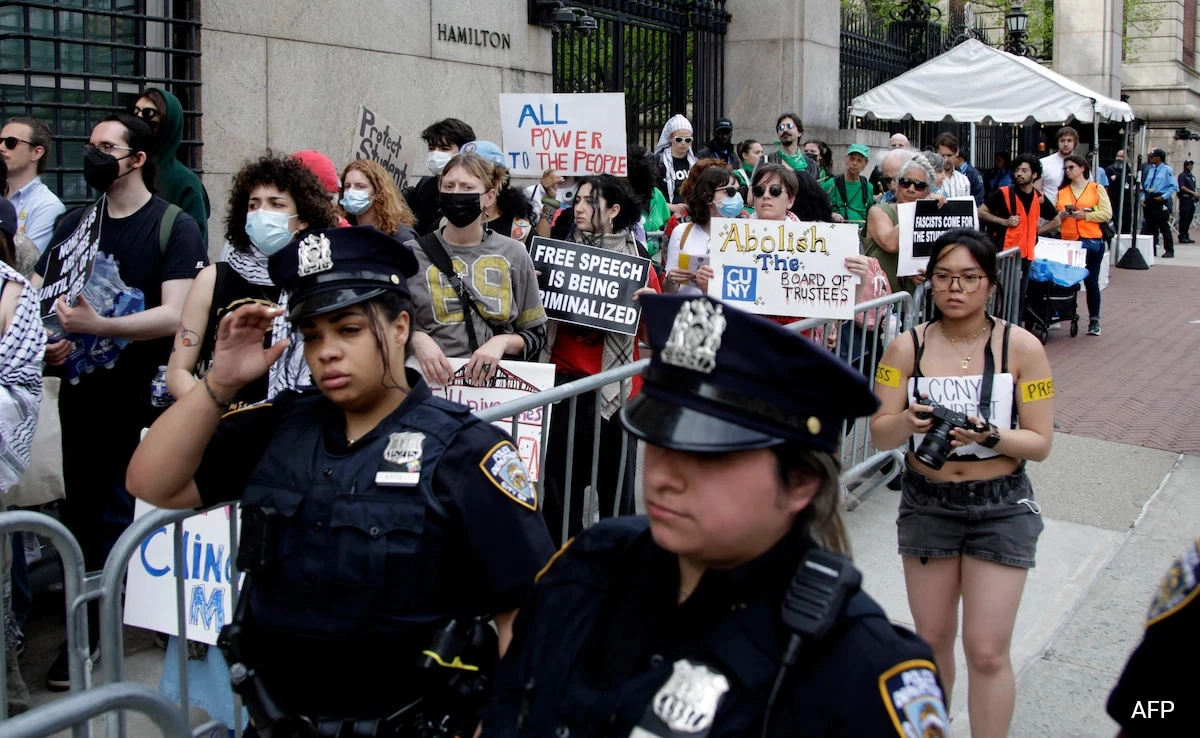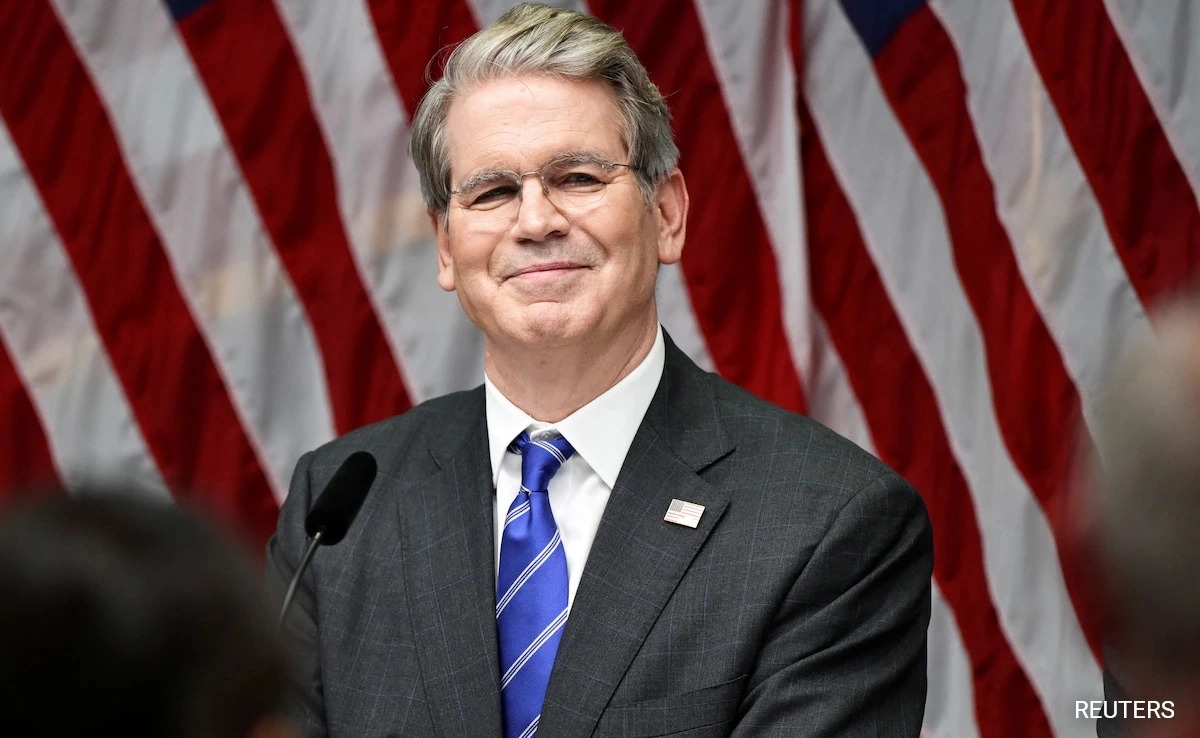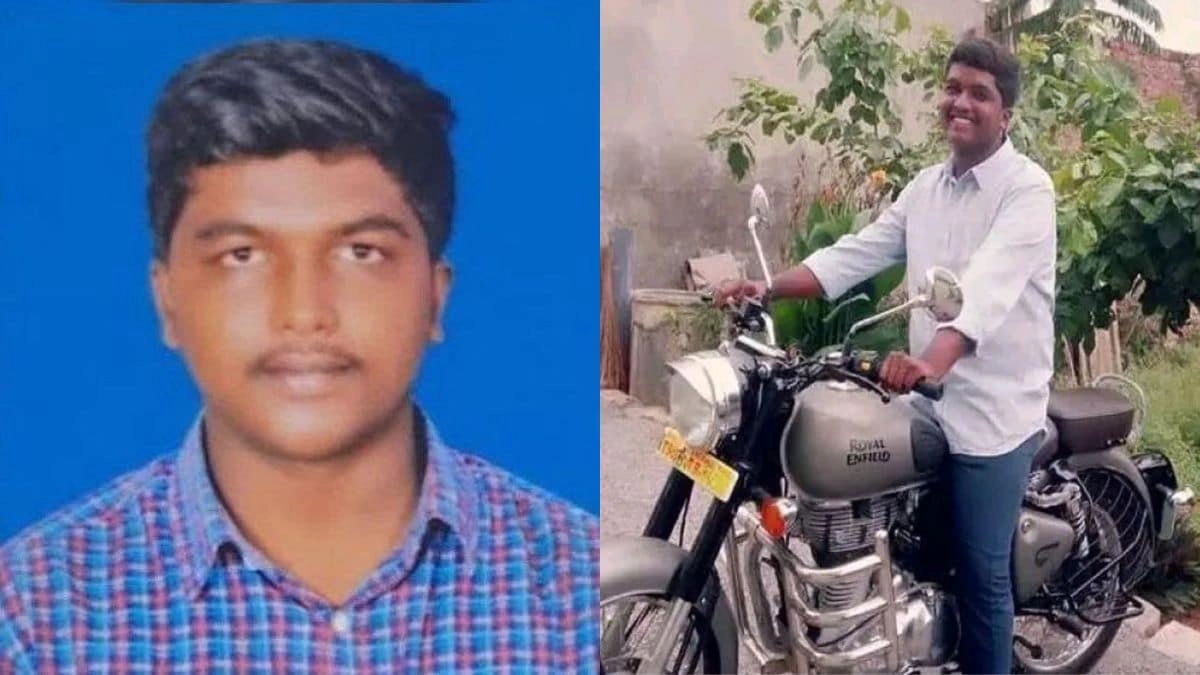In a significant legal development, a group of students has filed a lawsuit against Texas University and Governor Greg Abbott, alleging violations of their rights during pro-Palestine protests on campus. The students claim that their arrests were not only unjust but also an infringement on their freedom of speech and assembly. These protests, which were organized in response to the ongoing conflict in Gaza, aimed to raise awareness about the humanitarian crisis and advocate for Palestinian rights. The students assert that their actions were peaceful and aimed at fostering dialogue, yet they faced police intervention that escalated into arrests.
The lawsuit highlights the tension between the rights of students to express their political opinions and the measures taken by authorities to maintain order on campus. The students argue that the state’s response was disproportionate and targeted individuals for their political beliefs. They contend that the arrests created a chilling effect on free speech, dissuading others from participating in similar protests for fear of repercussions. This legal action not only seeks redress for the students involved but also raises broader questions about the limits of free expression in educational institutions.
The case has sparked a larger conversation about the role of universities in facilitating open dialogue on contentious issues. Supporters of the students emphasize the importance of protecting the rights of individuals to engage in political activism, particularly on matters that resonate deeply within academic communities. Critics argue that protests should adhere to specific regulations to ensure safety and order, suggesting that the university acted within its rights to intervene. As the lawsuit unfolds, it will likely draw attention from civil rights organizations and ignite further discussions about the intersection of education, activism, and governance in the United States.
This lawsuit not only seeks accountability for the actions taken during the protests but also serves as a crucial moment for advocacy within academic settings. As students continue to navigate complex socio-political landscapes, the outcome of this case may set important precedents regarding the rights of student activists and the responsibilities of educational institutions in safeguarding those rights. It raises fundamental questions about how far authorities can go in regulating speech and assembly, particularly when the issues at hand are fraught with global significance and local implications. The situation at Texas University exemplifies a growing trend in which students are increasingly willing to challenge perceived overreach by authorities in the name of protecting civil liberties.




